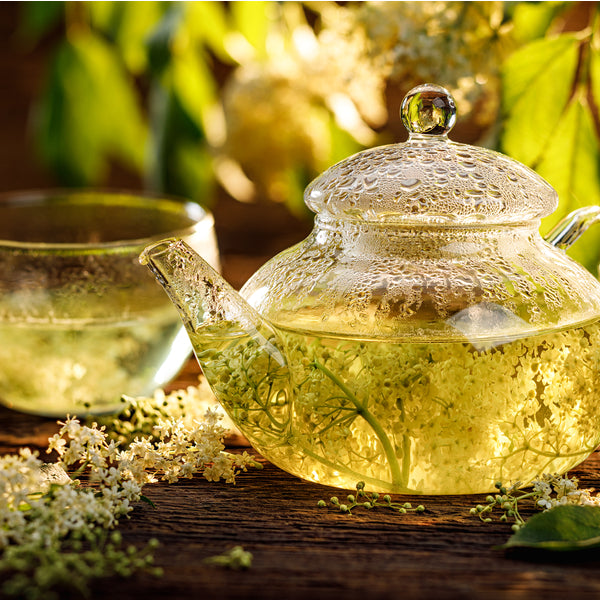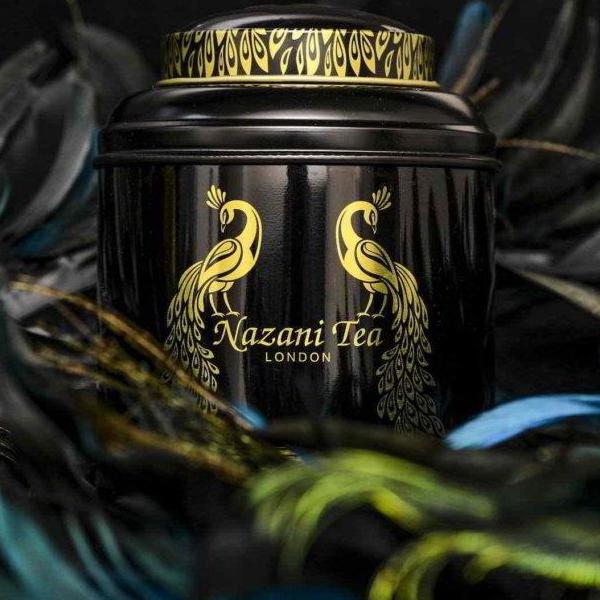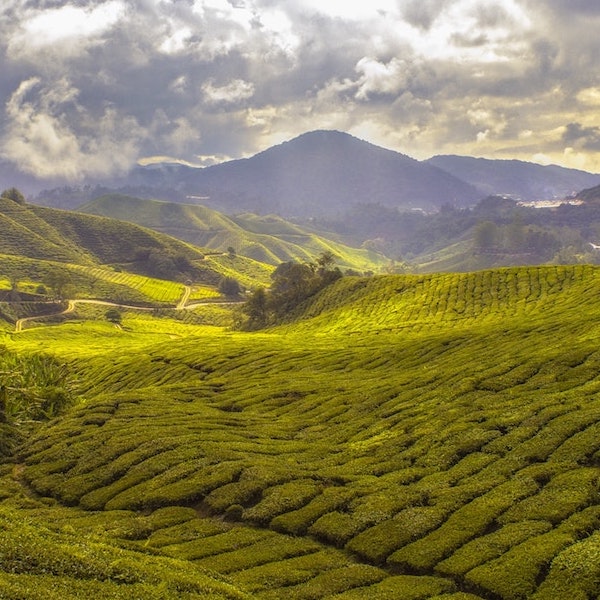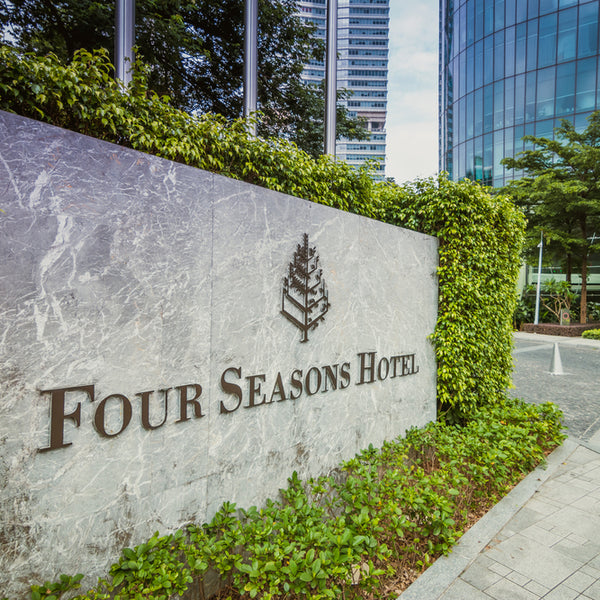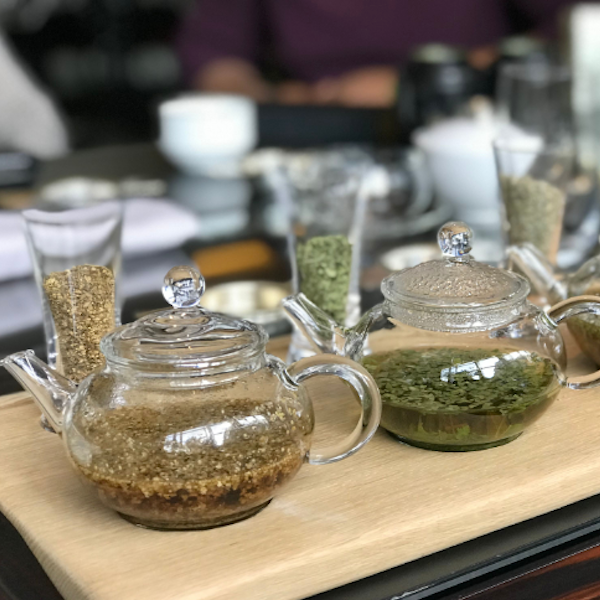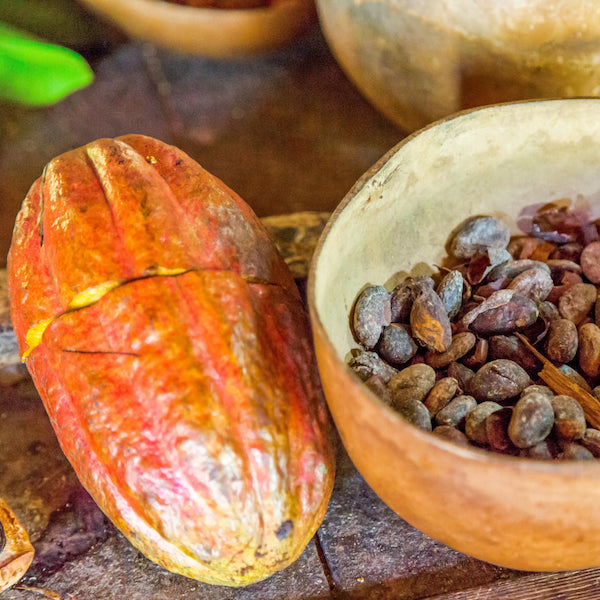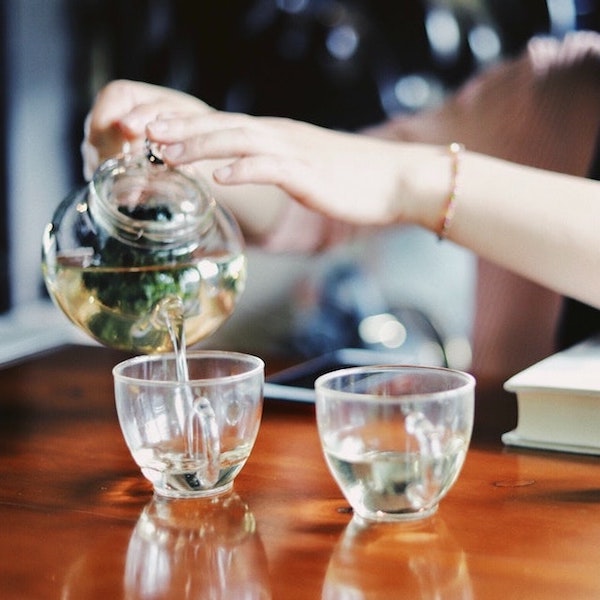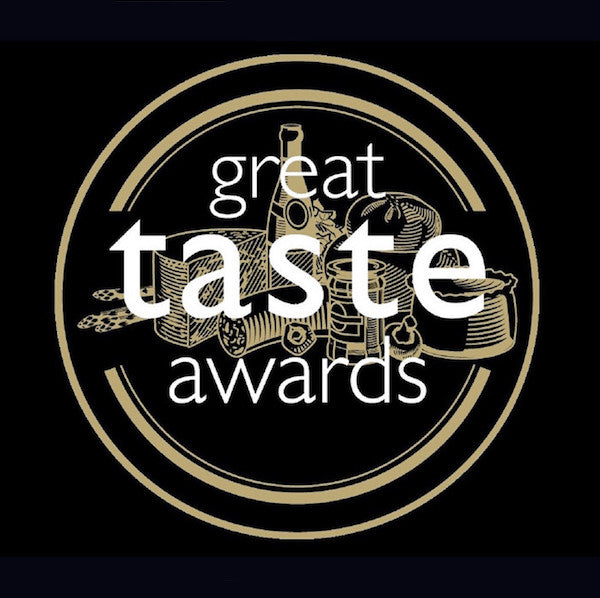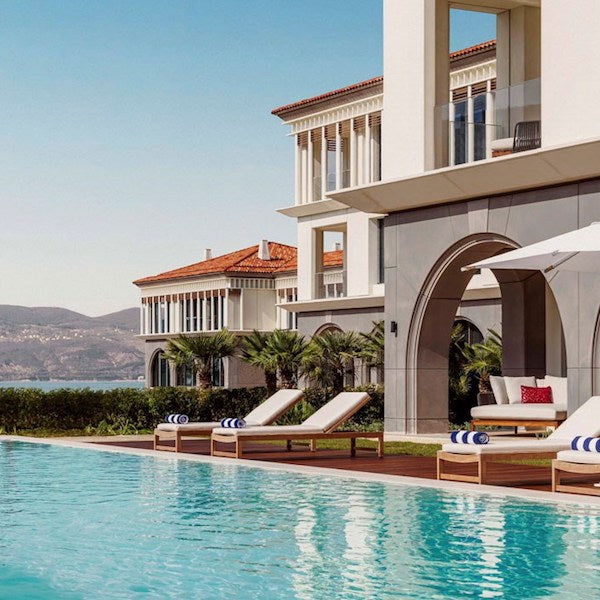Whenever human beings begin anew with any activity, there is naturally more of the element of the amateur than the polished professional in the early stages, which why it is so important to see how ideas surrounding health and self-care developed over time and across cultures. Two terms you may have come across in the context of health are allopathic medicine and naturopathic medicine, both of which are commonly used together in the treatment of diseases and illnesses. Allopathic medicine has a focus on treating the symptoms of a health issue whereas naturopathic medicine has the focus of treating the cause of a health issue and even preventative measures so that the body is not distressed with disease in the first place.
The human body is still quite a marvel and a mystery despite advances in medical knowledge and procedures of healthcare that often involve both allopathic and naturopathic medical practices. Before medicine became formalised over the past century or so, the concept of a doctor was different from what we conceive of a qualified physician today. Because so little was known about the bodily systems and their relationships with diet and behaviour, there have always been traditions of folk medicine mainly surrounding the use of plants, herbs and whole foods.
In the ancient Western world, Galen was a Greek physician, surgeon and philosopher. Galen was a major prose writer in the Roman Empire who was born into a wealthy family (his father was an architect). After Rome conquered Greece there was an influx of Greek immigrants and slaves. At this same time Greek medicine becomes popular and Greek physicians were attached to the households of the Roman elite. Galen was a doctor to gladiators and he became skilled in healing wounds, which were naturally due to the combat in the arena they were forced to perform in. These gladiators were known as hordearii or “The Barley Men” because their diet consisted mainly of wheat, beans and barley.
Barley possesses many health benefits and barley water is especially beneficial for hydration though it is not mentioned in the media as much as the usual advice about keeping hydrated with plain water. As medicine advanced over time we must also advance our knowledge about preventative health measures. Post-pandemic human endeavours demonstrate a greater conscious interest and participation in activities like yoga, pilates, barre and the like with add-ons such as drinking lemon water as many East Asians have traditionally done to aid with detoxification and elimination. Barley tisanes are currently popular in Japan for hydration (due to the presence of electrolytes) and you too should try this tisane to see an improvement in wellbeing and skin health.
Nazani Tea is proud to be the only company to have revived the ancient Greek medicinal drink called Kykeon. This drink comes in both traditional form (barley and mint) and modern form (oats and mint). Taste a bit of ancient Greek history by gifting Kykeon for yourself and loved ones.

